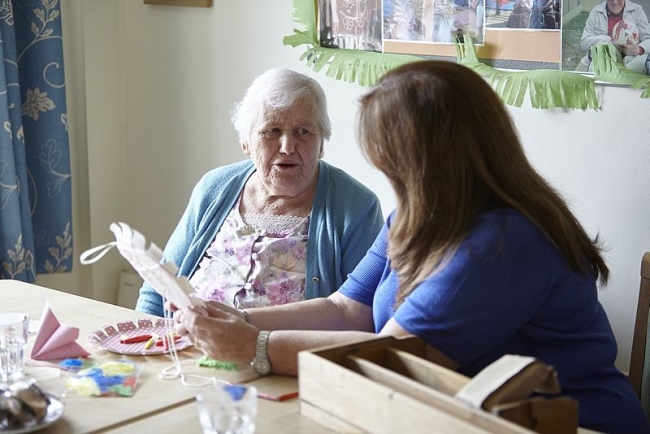As your loved ones get older, they’ll need some extra support. Old age often comes with an increased risk of illness, deterioration of mental functions, and loneliness. Being there to help an elderly relatives with everything they need will improve their quality of life. Here are some tips for caring for your elderly family members.
__________
Look Out For Health Problems
Senior citizens are significantly more prone to a range of health issues, both mental and physical. Some can creep up unexpectedly, so it’s important that you keep an eye out for any risks. If you do identify problems, be sure to get them the help they need.

Do your research on common health concerns for seniors. In many cases, your loved one will be able to tell you if they notice any concerning symptoms. However, some mental conditions prevent the affected person from being able to identify they’re sick. In cases such as Alzheimer’s and dementia, it’s best for you to be around to get them the help they need.
You should also do your best to prevent health problems from occurring where you can. Small adjustments such as organizing a healthy diet for your relative can make a big difference. You could also help them get some light physical activity to improve their health and quality of life.
Find Useful Services
You don’t have to handle everything alone. There are plenty of healthcare services out there with the goal of helping the elderly.
If your relative needs help with daily activities, you should look into in-home care services such as seniors helping seniors. A lot of people can’t care for their relatives as often as they’d like due to work and other obligations. Having someone around to give them the support they need can be an enormous help.
There are also services offering certain aspects of care. For example, Meals On Wheels delivers healthy meals to senior citizens. There are also shuttle services designed to help transport elderly people.
Visit Them Regularly
It isn’t just medical problems that can affect the elderly. One study found that the risk of depression is much higher for older people. It’s best to visit elderly relatives at least three times a week to provide emotional support.
The study found face-to-face visits were much more effective than phone calls at preventing depression. Even if you only visit a few times a week for dinner or a chat, it’ll make a huge difference to your loved one.
Consider Care Homes
Getting care for an elderly relative in their home can become costly after a while. Many people bring their relatives into their own homes to look after them. However, this isn’t the best situation for everyone. In some cases, it may be worth looking into a care home.



Leave a Reply